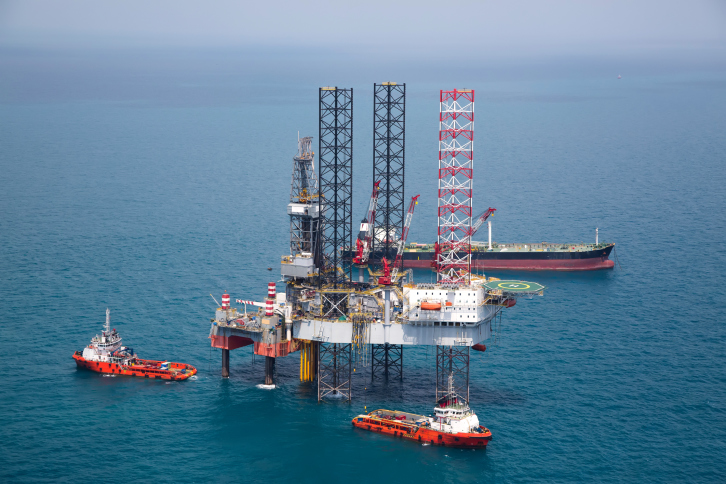The U.S. Department of the Interior (DOI) canceled sales of oil and gas leases in the Cook Inlet Outer Continental Shelf of Alaska and the Gulf of Mexico (Gulf) in May.
The lease blocks were originally approved for sale in the DOI’s Bureau of Ocean Energy Management (BOEM) 2017-2022 National Outer Continental Shelf Oil and Gas Leasing Program, released in the final month of Barack Obama’s presidency.
‘Vital reserves’
The DOI says the Cook Inlet lease sale was canceled due to a lack of interest in the oil and gas industry, and the Gulf blocks were canceled over delays associated with conflicting federal court rulings on the Biden administration’s moratoriums on offshore lease sales.
The cancellations put millions of acres of leases off limits, when new leases are needed to pick up the slack from aging existing wells, says Gary Stone, executive vice president of Engineering at Five States Energy.
“The DOI is being disingenuous when it says there is limited interest in the lease sales, because the agency can’t know how much interest there is until it opens the bidding,” said Stone. “The Gulf, especially, provides vital reserves for the United States’ supply, and new leases are critical because onshore shale wells decline very quickly and many of the Gulf fields are aging, declining, and expensive to operate.”
‘Increase the Cost of Everything’
Keeping gas prices high is critical to make the Biden administration’s climate policies more acceptable, says Stone.
“As illogical as it may sound, the only explanation for restricting exploration is to keep hydrocarbon prices high to promote the Green New Deal and other Biden climate initiatives,” said Stone. “In the nearly year-and-a-half since Biden took office, gasoline prices have surged from around $2.40 per gallon to nearly $5.00 per gallon; the diesel that moves almost all the goods and services in our country has risen from around $2.65 per gallon to around $5.60 per gallon; and natural gas has exploded from $2.70 per metric million British thermal units (MMBtu) to nearly $9.00 per MMBtu.”
The rising cost of fuel affects the entire supply chain, says Stone.
“High hydrocarbon prices increase the cost of everything in our society—transportation, food, housing, medicine … everything,” said Stone. “If gasoline prices are high enough, Biden and the Democrats hope more people will look favorably on electric vehicles and other technologies supported by the environmentalists in the administration and Democrat party.”
Democrats’ plans are making it more expensive for people to live, and could backfire on them in the coming elections, says Stone.
“The Biden administration is playing a sensitive game; they’re betting that people paying high prices for gas and electricity will clamor for electric cars, wind turbines, and solar panels, thereby making rich Democrats richer,” said Stone. “They may find that citizens get sick of high prices and empty shelves and elect representatives that turn the energy companies loose to increase supply and lower prices—like it was two years ago.”
Appeasing Radical Environmentalists
President Biden says he is doing everything he can to lower gas prices for American drivers and to help our European allies replace the oil and natural gas they have been getting from Russia, but his energy policies belie those statements, says Craig Rucker, president of the Committee for a Constructive Tomorrow.
“The Biden Administration talks a good game of supporting domestic energy development, but it doesn’t walk the walk,” said Rucker. “By canceling leases, like it just did in the Gulf of Mexico and off Cook Island in Alaska, Team Biden once again shows it is much more committed to appeasing its climate-obsessed, radical environmentalist base than it is to relieving the pain of the American people who are suffering high prices at the gas pump.”
Linnea Lueken (llueken@heartland.org) is a research fellow with the Arthur B. Robinson Center on Climate and Environmental Policy at The Heartland Institute.
For more on offshore oil production, click here.
For more on oil and gas leasing bans, click here.
